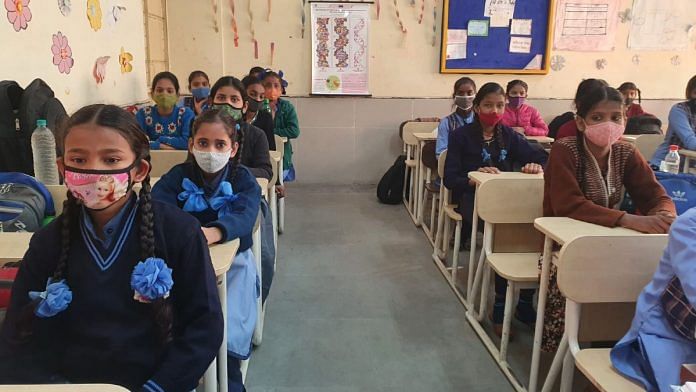There is a scene in the movie Taare Zameen Par (2007) where the protagonist, Ishaan, fails to answer a question as per the teacher’s satisfaction. The teacher asks Ishaan to explain the meaning of a Hindi poem. Although he explains the metaphorical aspect of the poem, he fails to answer from the examination point of view. Isn’t that the case in real life as well? The same kids dancing to the tunes of a poem despise the very sight of a poem a few years later. The reason is that they learn by rote. What does the narrator want to say? What does he feel? Haven’t we all encountered such questions in English exams?
While writing the answer to a question, what do you think is the first thing that comes to the mind of a student? It isn’t what he/she thinks is right. It’s often what the teacher made him/her write in class. In fact, I’ve even seen the answers to questions that are to be supposedly written according to the student’s views being answered by teachers. These are in turn copied by the students. Of course, it doesn’t matter that all the students have supposedly the same views because it’s getting them marks. Marks are everything in the Indian education system. Marks get you the college you want admission to, and then your dream job. And how do we get marks? By memorising everything.
From cramming the infamous U-Like questions, even in Maths, to memorising the chemical valencies, there are various techniques to get marks. “Hey, solve RD Sharma, that’s where teachers give most questions from!”, “You should memorise all the questions from 5 to 10 because they were there in previous years.” The legacy goes on.
The mission is of course accomplished. They get the marks. Marks gets them the required subjects and sometimes even the desired colleges. Most of them end up despising the subject cause they never liked it in the first place. Why bother opting for it then? Maybe it is the lucrative pay packages or prestigious universities that attract them or even parental pressure could be the case. The ones that survive this rat race make up most of our unhappy workforce. They don’t bother trying anything new and they do not seem to have passions or ambitions. This often results in incompetence.
Also read: What is a digital university, how Modi govt plans to set it up, and what are the challenges
But the question is why didn’t they like the subjects in the first place? Perhaps they had a bad teacher or they did not score well in an exam. Maybe they never were interested in the subject. It might also be possible that they didn’t understand the fundamentals and continued building upon a poor foundation, eventually causing the whole structure to collapse. Perhaps they missed all of those ‘extras’ which weren’t important for marks or examinations. With time, these gaps become large wormholes in the student’s mind. The student, unable to connect the concepts, takes the easier route. Yeah, that’s right, memorising. It gets him the marks, and sometimes even money in the form of jobs. Amidst the three Ms of memorise, marks and money, mind is the other M that keeps on deteriorating in this process.
Even after 70 years of Independence, we have just 10 Nobel prizes, and we do not fare too well Programme for International Student Assessment (PISA). We discourage imagination, creativity and ideas because we are obsessed with the respect a sarkari babu or an engineer commands in India. The flair of doctors charms the eyes of Indian parents. This is resulting in ‘brain drain’, student suicides, negligence of non-science subjects, discouragement of good ideas, competitive pressure, among others.
The author is a student at Sahoday Senior Secondary School, New Delhi. Views are personal.




